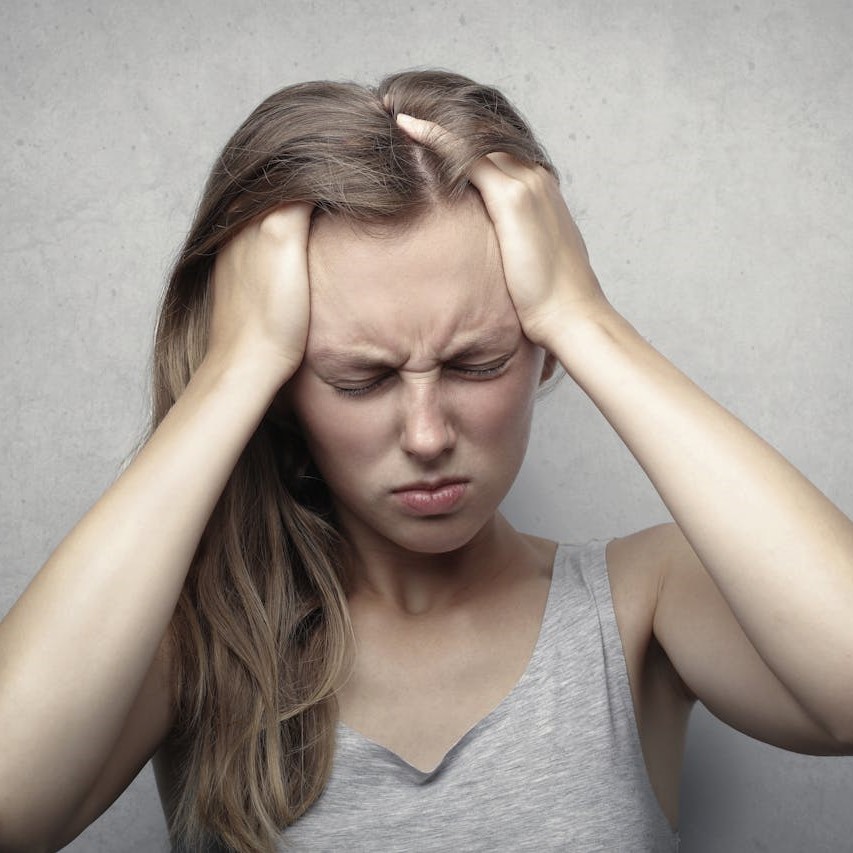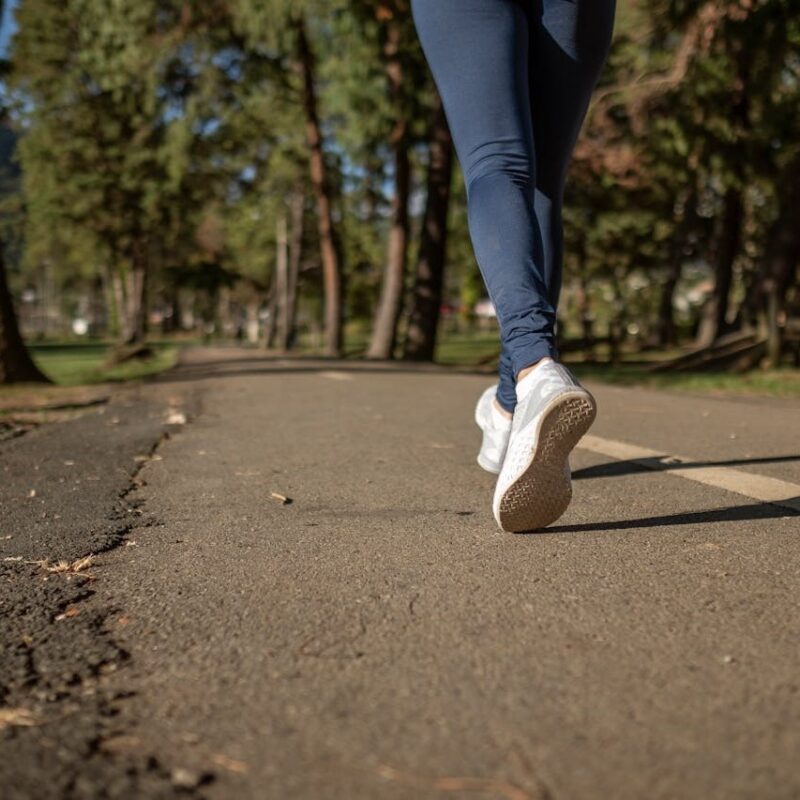
Blog
How To Reduce Stress? 9 Effective Tips!

No matter how busy our work routine gets, our physical and mental health should always be a priority. Still, the increased workload and busy lives have added more to managing stress. Do you know how to reduce stress?
The thing is, stress management techniques aren’t always time-consuming and tricky. Whenever stress hits, self-care should always step in to help cope with the situation.
It’s actually a surprise how many wonders these simple techniques can do for our well-being.
So, are you ready to manage your stress levels the right way?
Here are some tips on how to reduce stress.
Take a quick walk

Have you gone for a walk at night, alone or with someone?
Well, that is beyond peaceful.
Going for a walk is also great for your physical health. That is why most fitness enthusiasts prefer going for a walk or run first thing in the morning.
Even if you don’t have enough stamina to run or exercise regularly, you can take a quick stroll around your area. Getting out of the house and feeling the fresh air will give a relaxed feeling to your mind.
Apart from this, there are many more benefits of walking, which include improved heart rate, building stamina, and burning excess calories.
Eat a healthy diet
Medical or health issues can also cause stress.
That is why it’s important to eat healthy to keep your body functioning in good form.
Your healthy and well-balanced diet should include the right balance of vegetables, fruits, proteins, carbohydrates, vitamins, and minerals.
If you’re confused about making the right diet plan, you can use ChatGPT to plan your meals.
Still, remember to keep them to a limit as diets high in protein and other vitamins may have a negative effect on your health.
Do deep breathing

Deep breathing is one of the most effective and quick techniques to reduce stress. It is because deep breathing puts you in a relaxed state and puts the pressure off you.
There are many methods of deep breathing.
Here is a guide on how you can do this technique:
- Sit in a quiet and comfortable place and make yourself relaxed.
- Breathe normally for once.
- Now, breathe in deeply through your nose. You will feel your chest and lower belly rise as your lungs fill the air.
- Now, breathe out slowly through your mouth.
- Repeat it several times.
You can also breathe out with your nose if it feels more convenient to you.
While deep breathing seems to be very simple, you’ll understand how effective it is after performing the exercise.
Make time for hobbies
Has your busy schedule made it impossible to do the simple things you love? Or does your stress and anxiety not allow you to do things?
Whatever the reason may be, you need to push yourself to do things you love.
Even if it’s for a short time, you should pick your hobby and do it.
Some examples include:
- Watching movies
- Reading books
- Knitting
- Gardening
Taking out time for your hobbies will help you feel relaxed because you would be doing things you actually enjoy.
Exercise regularly

Exercising regularly is one of the best ways to relieve stress, and it also helps maintain your physical health.
If you don’t exercise often, you can plan on hitting the gym.
Exercise provides many benefits like improved mood, relaxation, and reduced stress and anxiety. Also, with a healthy body and better appearance, your self-confidence and motivation gets boosted.
Reduce your screen time
Although phones have become a permanent part of our life, we often neglect that they are a cause of stress as well.
In fact, some studies also indicate that the excessive use of smartphones has caused an increase in stress among people.
This is because using smartphones decreases our productivity. Also, people tend to isolate themselves and don’t interact enough, which can also be linked to an increase in stress.
So, it’s better to indulge yourself in mindful activities, meet more people, and connect with nature to improve your mental well-being.
Try journaling
Journaling is known to be an effective method of managing stress and anxiety.
In fact, some studies also suggest that expressive writing can help improve mental distress and well-being among people dealing with anxiety.
If you don’t have enough time, try giving yourself 15 to 20 minutes every day to write down your thoughts. It can help a lot.
Journaling helps clarify your thoughts. It can also help you explore areas of self-reflection and personal growth by regulating your emotions and solving problems.
Cuddle with your pet

Do you have a pet?
Well, cuddling with them can help you cope with anxiety.
We definitely share a unique bond with our pets, and spending time with them makes us feel good and relaxed. So, you can spend time with your pet or even take them out for a walk to make yourself feel better.
Take-away message
While there are many coping mechanisms available for managing stress and anxiety, we need to experiment with ourselves to check what suits us best.
We hope our tips on how to reduce stress can help you cope with it.
Of course, everyone has a different way of dealing with their stress, depending on other factors.
So, you should be mindful of your actions and thought processes and try the method that suits you best.
If you cannot handle the situation, you should consider opting for professional help.












